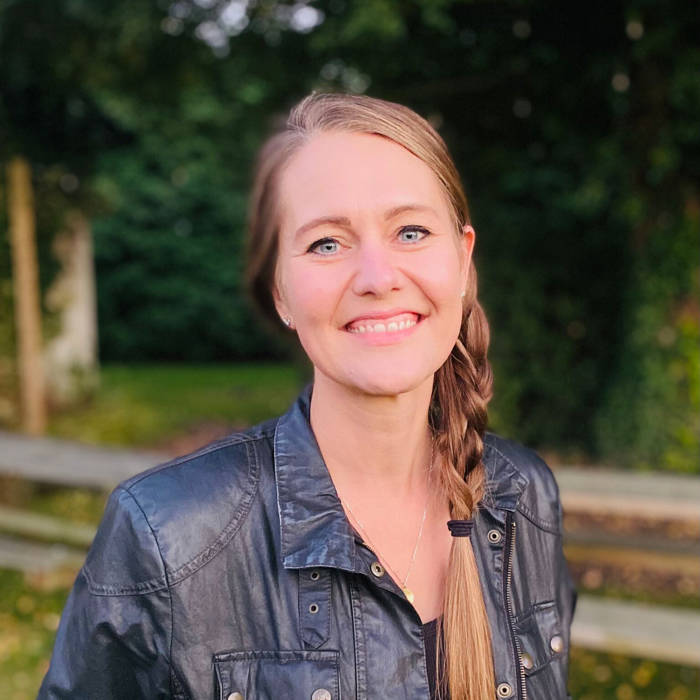Dosimetry Measurement of Vocal Demands in Contemporary Musical Theatre
Thursday 31st October 2024, 5:00 PM - 7:00 PM (London Time)
Singers are highly skilled vocal athletes who master specialized vocal requirements when cast to perform in a musical theatre production. Their participation is physically, vocally, and emotionally challenging. Each musical role requires specific sonorities or styles of vocalism that involve a high level of vocal coordination while performing the physical, emotional, and cognitive demands of singing and speaking while acting and dancing.
Due to the vocal demands of a particular musical score, specific aspects of a singer's vocal dose increase during rehearsals and performances. The singer’s focus on required types of production and desired vocal timbre, especially when the musical tessitura focuses on a belting range with repetition of a small frequency range, can tax the vocal mechanism of soloists and ensemble cast members and lead to vocal trauma, especially when performing the productions eight times per week on Broadway. Over time, this vocal dose can contribute to changes in the consistency of voice production and the health of the vocal fold tissue.
One way to identify and monitor the impact of speaking or singing dose is through vocal dosimetry. It uses an accelerometer embedded in the throat sensor to record the speed, amplitude, and duration of vibrations to measure the mechanical stress on the vocal folds. The dosimeter records neck vibrations at a sample rate of 20 samples per second and records three types of vocal doses:
- Time dose
- Total cycles of vibration dose
- Total distance dose and sound pressure level
The time dose includes only those instances when the vocal folds are vibrating, and the cycle dose counts the number of glottal pulses the dosimeter detected. The sound pressure level (SPL) describes the amplitude of vibration of the vocal folds in decibels (dB). The dosimeter calculates the distance dose in meters based on the total cycle of vibration dose and SPL. It is the most complete measure of vocal dose as it accounts for the duration of phonation on the same fundamental frequency at various intensity levels.
This presentation will describe research conducted in collaboration with Drs. Ana Flavia Zuim and Ingo Titzi focused on identifying vocal dose and singers. Increasing student and professional singer’s awareness of vocal dose may lead to a better understanding of vocal differences between performers and recognition of ways to reduce vocal load and preserve the consistency of performance and longevity of voice careers.
🏷️ Price £30 (UK VAT inclusive)
🎥 Recording automatically sent to all who book (even if you cannot attend live)
▶️ Rewatch as many times as you like
📜 Certificate of attendance available
Celia Stewart
Celia Stewart, Ph.D. CCC-SLP, an Associate Professor at New York University, teaches Voice Disorders, Advanced Voice Disorders, Motor Speech Disorders, and Interdisciplinary Habilitation of Speaking Voice/Vocal Performance: Synergistic Remediation Effect.

Attend this course for as little as £22 as part of the Voice Professional Training CPD Award Scheme.
Learn MoreSorry, this is an archived short course...
We have plenty of upcoming short courses coming soon. See details of some of them below or look at the full list of short courses.

Monday 7th July 2025
2:00 PM - 4:00 PM
Tuesday 8th July 2025
2:00 PM - 4:00 PM
Wednesday 9th July 2025
2:00 PM - 4:00 PM
Friday 11th July 2025
2:00 PM - 4:00 PM
Monday 14th July 2025
2:00 PM - 4:00 PM
Tuesday 15th July 2025
2:00 PM - 4:00 PM
Wednesday 16th July 2025
2:00 PM - 4:00 PM
Friday 18th July 2025
2:00 PM - 4:00 PM
(London Time)
Introduction to statistics and working with quantitative data for Voice Professionals: 8-Session Online Bootcamp

Dr David Cane
This certificated statistics course is ideal for individuals interested in laying a solid foundation in quantitative research methods. By focusing on essential statistical principles, you will be equipped with the tools to understand and apply quantitative research techniques effectively. Statistics is a crucial component of quantitative research; mastering it will enable you to grasp quantitative methods more confidently and precisely.


Tuesday 8th July 2025
12:00 PM - 2:00 PM
(London Time)
Oxygen Advantage for Vocal Educators • Empowering Vocalists Through Breath

Kate Cubley
Are you a singing teacher or trainee voice educator eager to expand your toolkit? Join Kate Cubley at Voice Study Centre for a dynamic 2-hour lecture exploring the role of functional breathing in supporting vocal performance, vocal health, and resilience—for both you and your students. This engaging session introduces the Oxygen Advantage® method: a science-backed approach to breathing that can transform how you teach, coach, and care for the voice.


Wednesday 9th July 2025
2:00 PM - 4:00 PM
(London Time)
Accents in Musical Theatre Singing!

Colton Weiss
Colton Weiss (he/they) is a professional dialect coach, actor, and lecturer (Ohio State Univ.) based out of Columbus, Ohio. With the continued popularity and development of productions that call for more demanding voice, speech, and accent work, dialect coaches, music directors, and actors must collaborate across jobs. Inspired from the text, Voice and Speech for Musical Theatre by Chris Palmer, and ongoing production experience, this presentation by Colton explores the intersections of accent work, and the musical skills needed for actors to perform in Musical Theatre.
